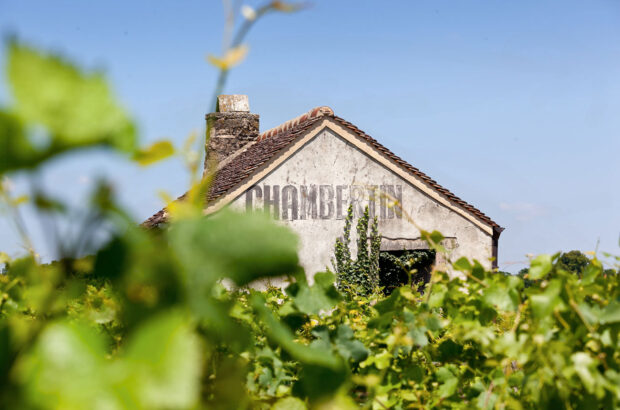A five million-year-old vertebrae and ribs of a Pliocene-era whale have been discovered at Castello Banfi in Montalcino.
The discovery, by archeologists studying ancient maritime soils at the estate, is the largest and oldest such in southern Tuscany.
’This discovery reminds us that the deposits of millions of years ago are a big part of what makes this land ideal for growing noble grape varieties,’ Banfi proprietor Cristina Mariani-May said.
Shark’s teeth were also found in the surrounding area, probably shed by predators feeding on the whale carcass shortly after its death. ‘The state of preservation is ideal,’ said archeologist Simone Casati, who made the initial discovery last month.
Today the Mediterranean coast is over 30km away, but the whale dates to a time when the area was part of a 130m-deep sea bed.
The slope where the whale bones were found is rich clay soil and is one of several spots on the estate speckled with fossilized and petrified seashells.
‘Over the years we have unearthed Roman and Etruscan artifacts, and now here is yet another significant layer that precedes those civilisations,’ Mariani-May said.
Written by David Furer






